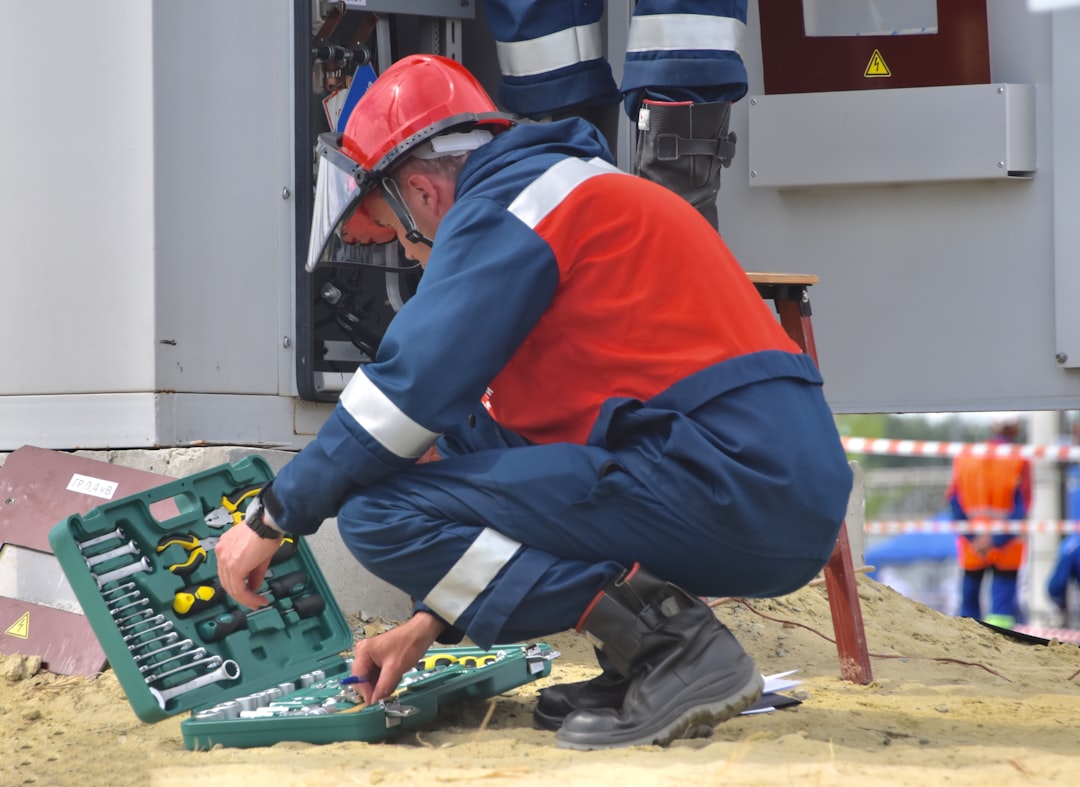The Sweetest Solution: Sugaring Hair Removal in Tacoma
When it comes to hair removal, there are many methods to choose from, each with its own set of benefits and drawbacks. One popular option is sugaring, a natural and gentle technique that has been gaining popularity in recent years. In this article, we’ll delve into the world of sugaring hair removal in Tacoma, exploring what it is, how it works, and why it’s becoming a favorite among those seeking a smooth and silky skin.
What is Sugaring?
Sugaring is a form of hair removal that uses a sugar-based paste to remove unwanted hair from the body. Unlike waxing, which uses a hot wax to remove hair, sugaring uses a cold sugar paste that is gently applied to the skin and then removed in the opposite direction of hair growth. This technique is often referred to as “sugar waxing” or “sugar paste hair removal.”
The Benefits of Sugaring
So, why is sugaring becoming so popular? For one, it’s a much gentler and more natural alternative to traditional waxing methods. The sugar paste is less likely to cause irritation, ingrown hairs, or breakouts, making it a great option for those with sensitive skin. Additionally, sugaring is a more precise technique, allowing for a more targeted removal of hair, which can be especially beneficial for those with coarse or thick hair.
Another benefit of sugaring is that it’s a more eco-friendly option. The sugar paste is biodegradable and can be reused multiple times, making it a more sustainable choice compared to traditional waxing methods. And, because the sugar paste is applied at room temperature, there’s no need for hot wax or harsh chemicals, making it a safer and more gentle option for those with sensitive skin.
How Does Sugaring Work?
The sugaring process is relatively simple. First, a sugar paste is applied to the skin in the opposite direction of hair growth. The paste is then removed quickly and smoothly, pulling out the hair from the root. The process is repeated for each area of the body, and the sugar paste is reapplied as needed.
One of the key benefits of sugaring is that it’s a more precise technique, allowing for a more targeted removal of hair. This means that you can get a more even and smooth result, without having to worry about missed spots or uneven hair growth.
Is Sugaring Painful?
While sugaring can be a bit uncomfortable, it’s generally considered to be a relatively painless process. The sugar paste is applied at room temperature, which helps to reduce any discomfort or irritation. Additionally, the technique is designed to be gentle and precise, which can help to minimize any pain or discomfort.
Tips for a Smooth Sugaring Experience
If you’re considering trying sugaring for the first time, there are a few things you can do to ensure a smooth and comfortable experience. First, make sure to exfoliate your skin before the treatment to remove any dead skin cells and help the sugar paste adhere to the skin. You should also avoid waxing or sugaring in areas with broken skin, as this can increase the risk of irritation or infection.
It’s also important to follow proper after-care instructions to ensure that your skin heals properly and minimizes any potential side effects. This may include avoiding direct sunlight, using gentle cleansers, and avoiding tight clothing.
Finding a Sugaring Professional in Tacoma
If you’re interested in trying sugaring for the first time, it’s important to find a qualified and experienced professional to perform the treatment. Look for a licensed esthetician or spa that specializes in sugaring hair removal, and make sure to read reviews and check their credentials before booking an appointment.
In Tacoma, there are many spas and salons that offer sugaring hair removal services. From high-end spas to more affordable options, there’s something for everyone. Be sure to do your research and find a professional who has experience with sugaring and can provide you with a personalized and comfortable experience.
Conclusion
Sugaring hair removal is a natural and gentle technique that is becoming increasingly popular in Tacoma. With its many benefits, including reduced irritation, ingrown hairs, and breakouts, it’s a great option for those seeking a smooth and silky skin. By following proper after-care instructions and finding a qualified professional, you can enjoy a comfortable and effective sugaring experience. Whether you’re looking for a quick and easy way to remove unwanted hair or a more natural and sustainable alternative to traditional waxing methods, sugaring is definitely worth considering.
 Necessary Guide to Rain Gutter Cleansing: Why It Issues and How to Do It Right
Necessary Guide to Rain Gutter Cleansing: Why It Issues and How to Do It Right What To Now About Apartments Near Ohio University
What To Now About Apartments Near Ohio University The Importance of Allergen-Free Prescription Medications
The Importance of Allergen-Free Prescription Medications
0